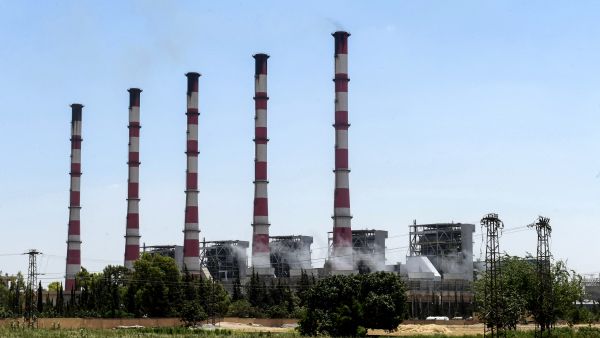ALBAWABA According to Khaled Abu Di, Director General of the Public Establishment for Transmission and Distribution of Electricity, Syria's Ministry of Energy has inked a historic deal with an international consortium that includes businesses from Qatar, the United States, and Turkey to construct significant electricity production facilities throughout the nation.
It is anticipated that the deal, which is worth more than $7 billion, would greatly improve Syria's energy infrastructure and create thousands of employment both during building and operation.
The project will consist of a 1,000 megawatt solar power plant in southern Syria and four combined-cycle gas power plants with a combined 4,000 megawatt capacity. Abu Di claims that the program is a component of a long-term national energy policy that aims to increase energy security and the availability of power nationwide.
According to Abu Di, the gas plants would take three to four years to construct, but the solar plant should be finished in around 20 months. He underlined that during the next several months, the effects on the supply of power, especially from the solar facility, would become noticeable.
Syria's electrical infrastructure can support up to 7,000 megawatts, however it currently has a capacity of 5,170 megawatts. Over the next four years, the government wants to increase it to 12,000 megawatts. Abu Di attested to the availability of enough fuel to power the additional stations and the ability of the current infrastructure to handle the increased production.
With thousands of workers needed for building and long-term personnel needed for operation, the deal is also anticipated to create a sizable amount of jobs. According to Abu Di, local businesses would be crucial to the execution and will boost the country's economy.
Training local employees and sharing cutting-edge technology are essential parts of the agreement. Modern turbine systems and SCADA control platforms will be installed in the new facilities.
Abu Di said that the government is reevaluating certain subsidies to better assist low-income households without compromising affordability overall, even if power rates are currently low and unaltered. Syria's dedication to upgrading its energy industry and reducing the burden on its inhabitants is reflected in the program.










